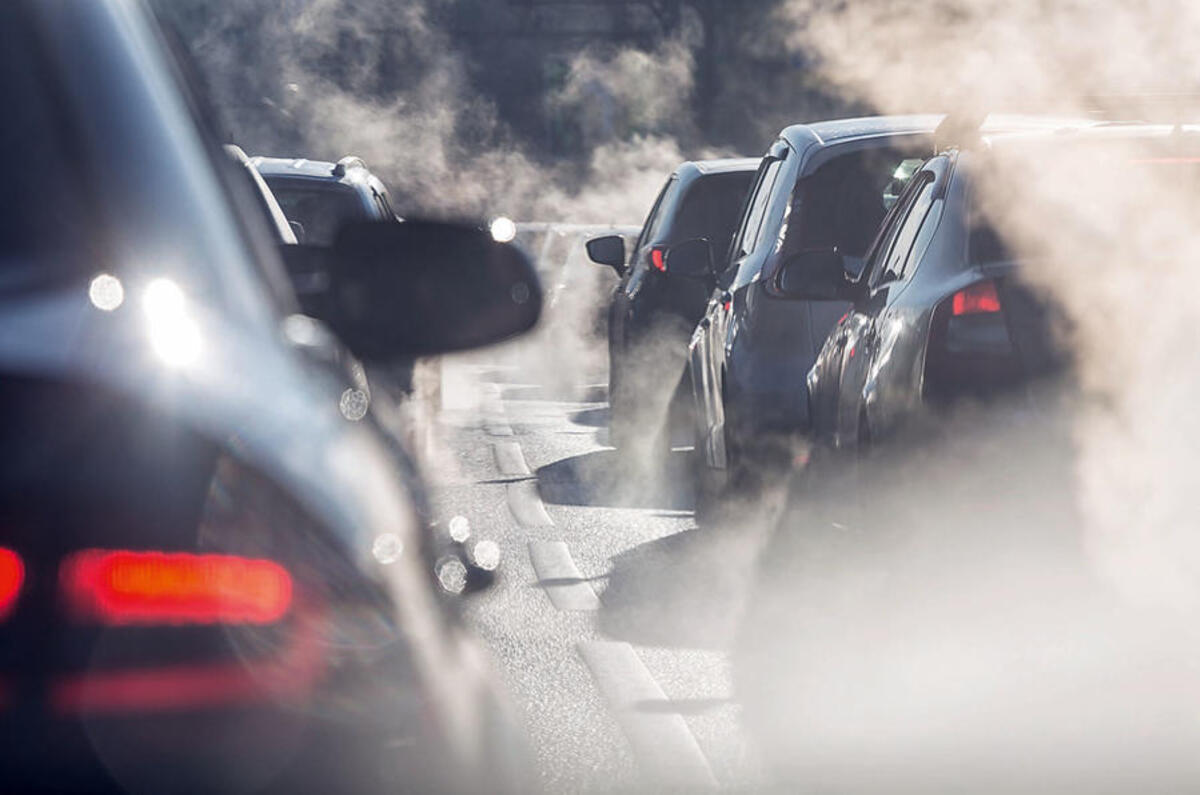The Liberal Democrats political party wants to ban the sale of diesel cars in Britain from 2025, despite concerns from some manufacturers that this could hamper progress.
In its manifesto, the Lib Dem party cites diesel pollution as a key contributor to the UK’s air pollution problem, which is associated with 40,000 deaths per year.
To reduce the fuel’s impact, the party says it will pass a Green Transport Act that would introduce an Air Quality plan, where the sale of diesel cars and vans would be banned and a diesel scrappage scheme would be introduced.
Insight: is it time to give up on the diesel engine?
However, some leading voices in the automotive industry are concerned that this type of policy could hamper progress to reducing overall emissions.
Jaguar Land Rover (JLR) CEO Ralf Speth has been particularly vocal on the matter, telling Autocar that the income diesel sales generate can be used to develop more advanced low-emissions technology. He said: “We have to show our [diesel] technology is the best you can buy, to reduce the damage to health and the environment."
Recent market trends show that customers are already swapping diesel for petrol, but this in itself is hampering progress in the fight to lower CO2 emissions. Some manufacturers, most recently Volvo, have responded to this by revealing that they could drop diesel engines altogether.
Volvo CEO Håkan Samuelsson told German newspaper Frankfurter Allgemeine Zeitung: "From today's perspective, we will not develop any more new generation diesel engines”.
London mayor could ban cars from capital to cut pollution
Other brands such as Volkswagen are planning on removing diesel from their small car line-ups, keeping the fuel exclusively for larger models, with small-capacity petrol-electric hybrids looking set to fill the void.
In its manifesto, the Lib Dem party says it wants to increase the uptake of this type of drivetrain as well as fully electric vcars by adjusting taxation to give more breaks to low and zero-emissions vehicle drivers, while penalising higher polluters. It would back this with extended Ultra-Low Emission Zones (ULEZs) in ten more towns and cities.
Diesel taxis and buses in urban areas would be affected as well, with the Lib Dems forcing them to switch to ultra-low emissions or zero-emissions fuels by 2022. To help boost supply, the party wants to up support for the manufacturing of low-emissions and electric vehicles (EVs).





Join the debate
Add your comment
The bullshit doesn't add up
Secondly, the alleged pollution could be cut hugely by reversing the policy introduced about thirty years ago of painting hatching lines along the sides and down the middle of every main road,reducing traffic to a single lane and thereby instantly doubling the length of queues of stationary traffic and preventing the overtaking of people who crawl along ten miles per hour below the speed limit.
Thirdly, the Liberal Democrats haven't a cat in hell's chance of being elected anyhow, but are decimating that slim hope by having an aresewipe like Farron as their leader.
Fourthly, electric cars are going nowhere.
Think Tank
I didn't want a diesel but I needed a big car and, thanks to CO2 based taxation, there are virtually no big petrol cars. Those that do exist cost £500 a year to tax.
Is it another LibDem signed pledge?
Out of all the parties campaigning in 2017 General election, Lib Dems must have one of the highest pollution per MP factors. Ironically, only the Green party might be fair worse having just Caroline Lucas. (unless of course the Green's are campaigning on their Battle skate-board?)